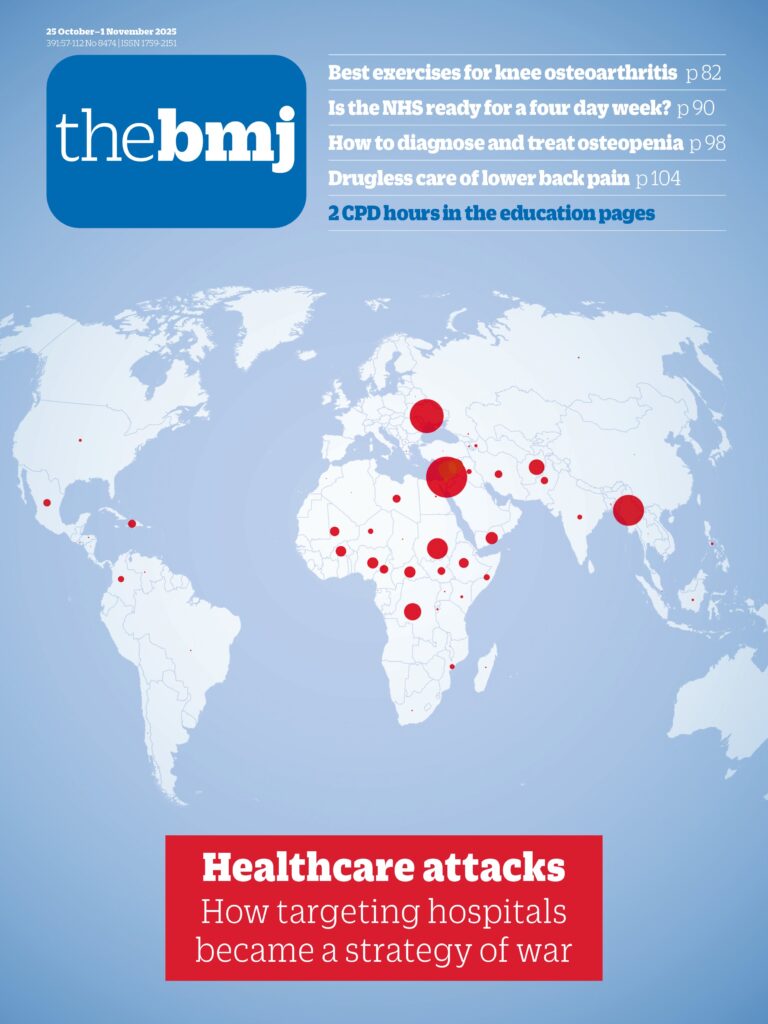Training bottlenecks are leaving many resident doctors without a job and must be “urgently” tackled as part of an overhaul of postgraduate medical training, a landmark NHS review recommends.1
Competition ratios “are now too high” in many specialties, causing major bottlenecks in training that “do not benefit anyone,” the report from England’s chief medical officer Chris Whitty and former national medical director Stephen Powis concludes.
The “diagnostic” report is the first phase of a review representing the biggest overhaul of postgraduate medical training in England for more than 15 years. It was ordered in February in response to grievances from resident doctors about the current training process.2
The report heard from over 8000 doctors—including over 6000 resident doctors—as well as patients and professional and regulatory bodies. Based on their feedback, it identified the biggest concerns facing trainees in England and made recommendations for tackling them (see box).
Training bottlenecks were among the biggest immediate problems, it said. This year there were 91 999 applications made in England for 12 833 specialty training posts (an overall competition ratio of 7), leaving many doctors unemployed.3
The report said that while the UK benefits from the “exceptional” internationally trained graduates that work in the NHS, “we cannot shy away” from the fact that a shift towards more new international graduates has left fewer posts for British doctors. Tackling bottlenecks “will have to include consideration of the right ratio between new international graduate entrants …

